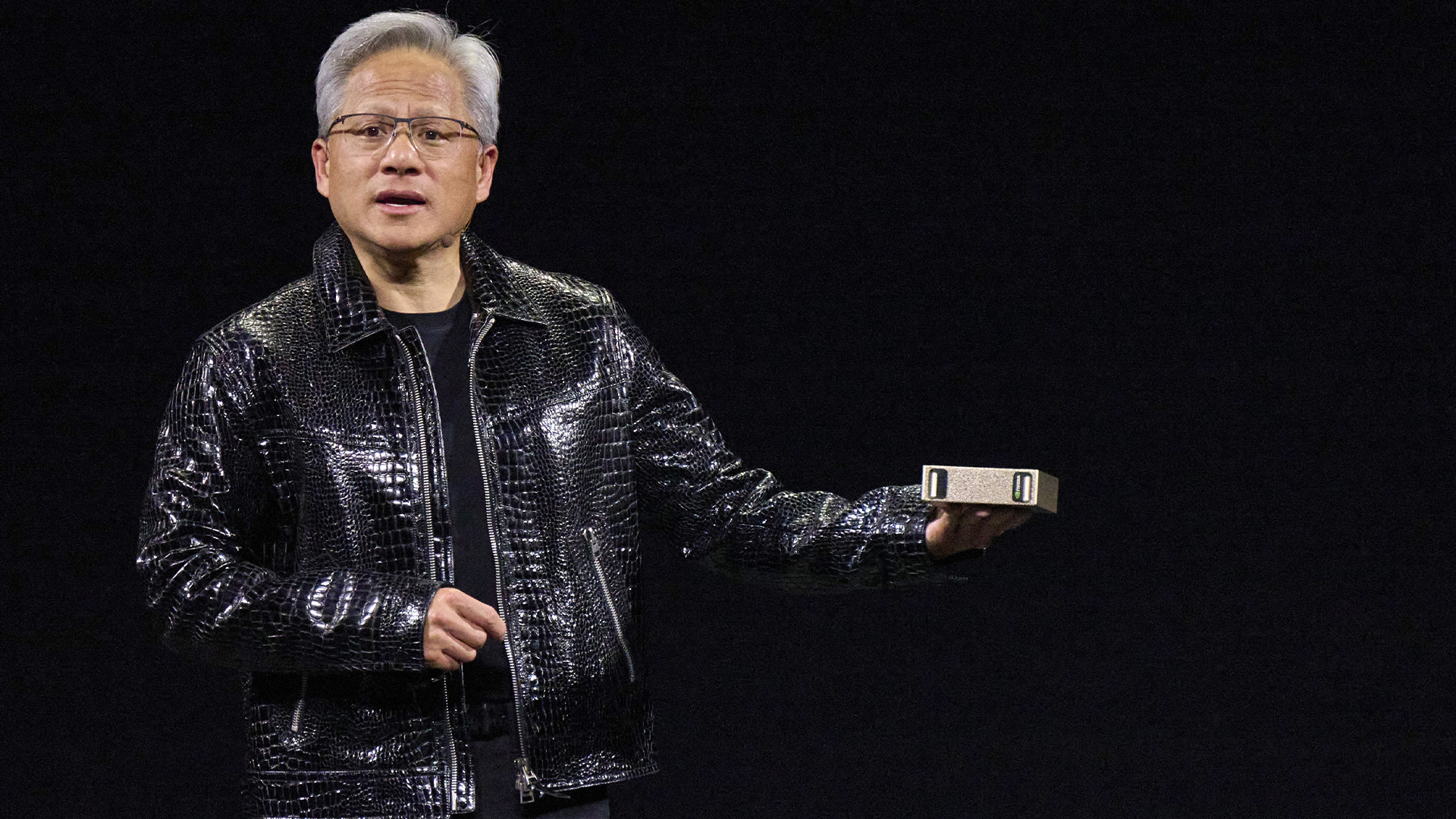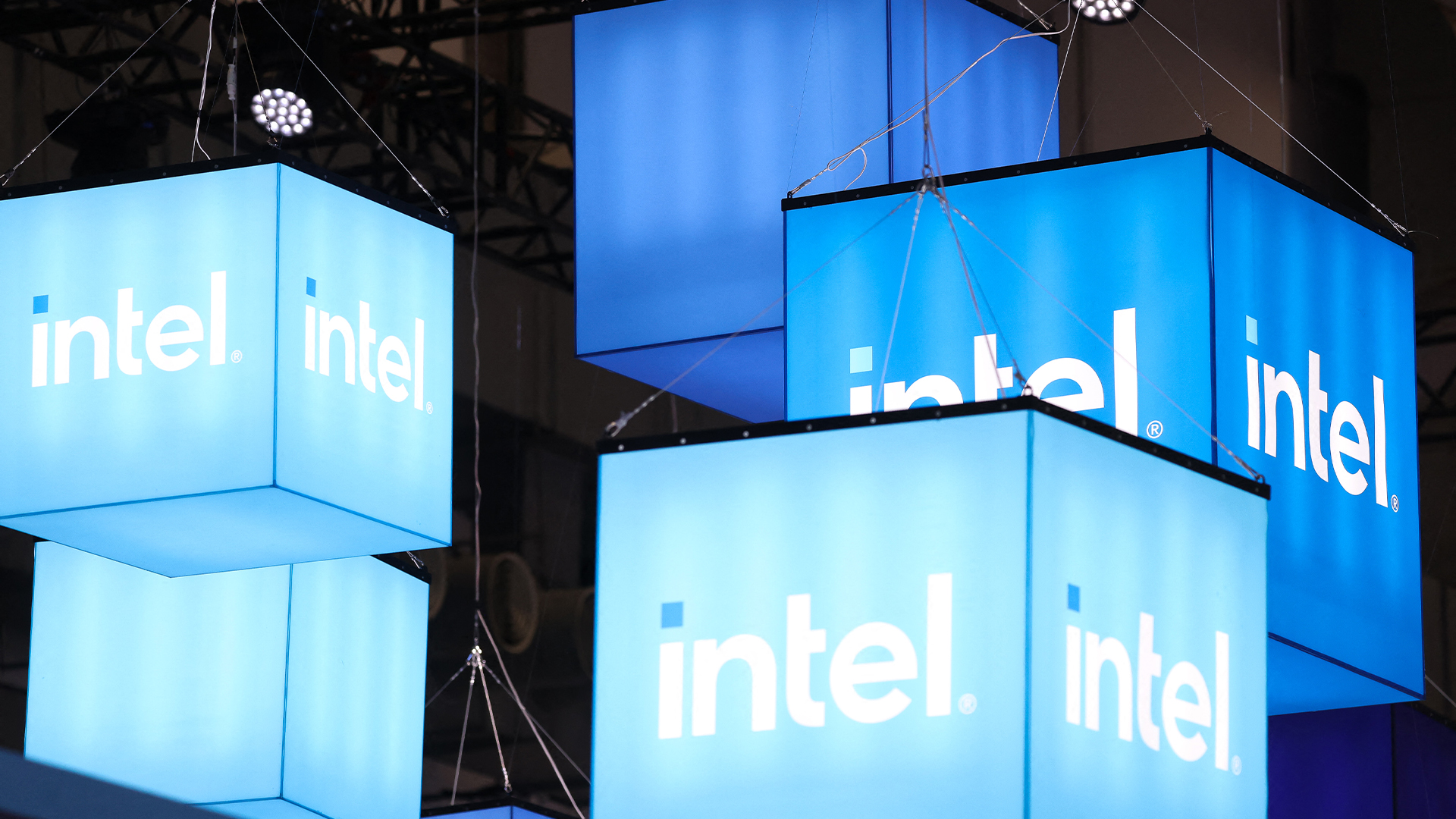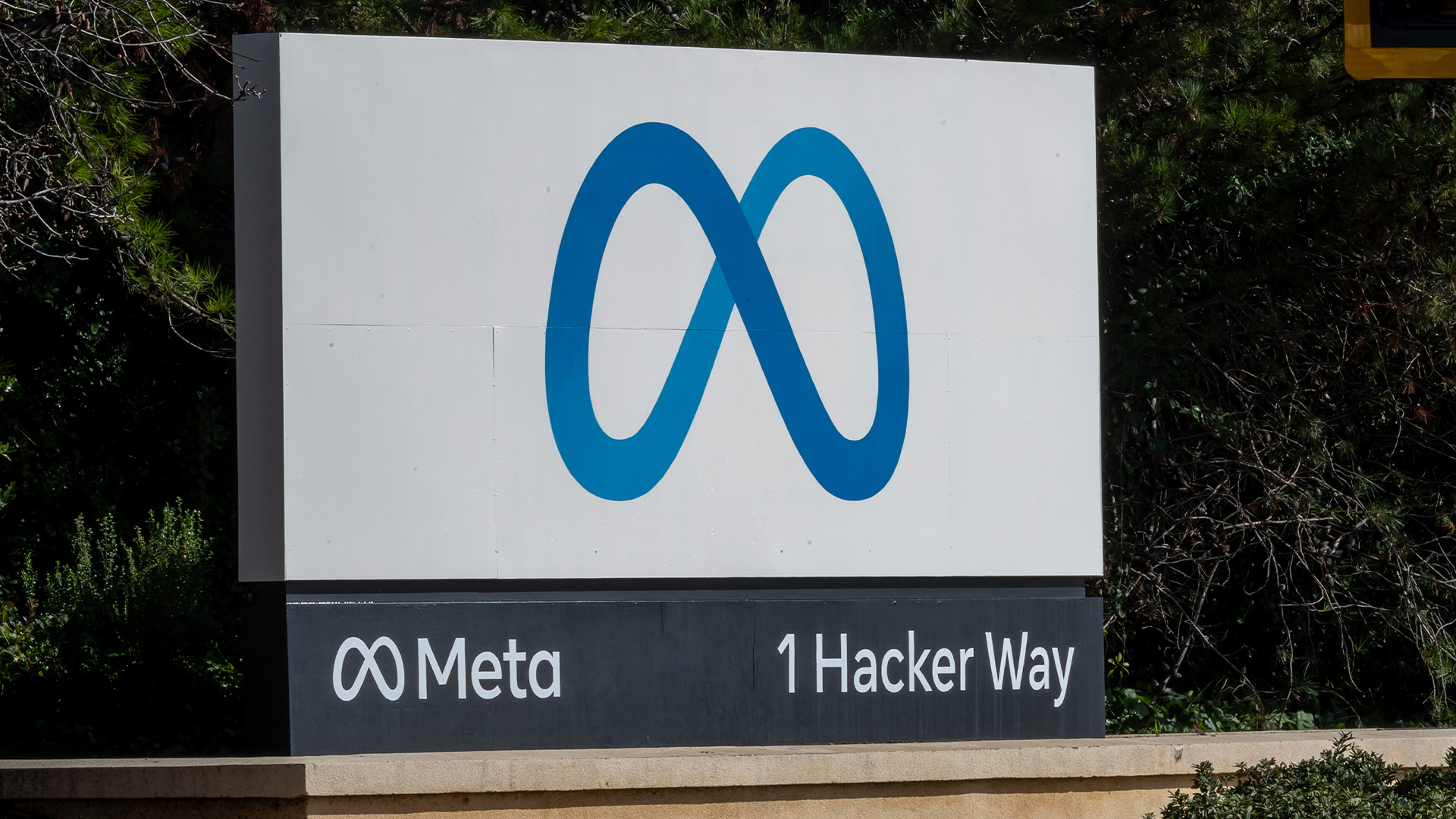PCI consortium implies Nvidia at fault for its melting cables
Nvidia said the issues were caused by user error but the PCI-SIG pointed to possible design flaws


A major hardware organisation has implied that Nvidia is at fault for the widely reported instances of melting power cables on its new RTX 4090 graphics cards.
Nvidia's latest line of GPUs was released in October but their power cables have been mired in reports of extreme thermal faults leading to some users’ cables smoking or melting entirely.
Specifically, the GPUs' 16-pin 12VHPWR power cable, which adopts the new ATX 3.0 PSU standard released this year, has been identified as the core issue at play. Nvidia investigated the circa 50 extreme cases reported to it and concluded that “a common issue is that connectors are not fully plugged into the graphics card” - an issue of user error.
However, the Peripheral Component Interconnect Special Interest Group (PCI-SIG), a tech consortium which created the new power standard, and whose board includes representatives from companies including AMD, Arm, IBM, Intel, and Nvidia itself, has sought to distance itself from Nvidia’s claims.
It stated firms are responsible for rigorously testing their own hardware, and referenced an affected individual who has filed a class action lawsuit against Nvidia in a California district court.
"PCI-SIG wishes to impress upon all members that manufacture, market, or sell PCI-SIG technologies (including 12VHPWR connections) of the need to take all appropriate and prudent measures to ensure end-user safety, including testing for the reported problem cases involving consumers as alleged in the above-referenced lawsuit," the group said in a statement to the press.
“Members are reminded that PCI-SIG specifications provide necessary technical information for interoperability and do not attempt to address proper design, manufacturing methods, materials, safety testing, safety tolerances or workmanship. When implementing a PCI-SIG specification, members are responsible for the design, manufacturing, and testing, including safety testing, of their products.”
Get the ITPro daily newsletter
Sign up today and you will receive a free copy of our Future Focus 2025 report - the leading guidance on AI, cybersecurity and other IT challenges as per 700+ senior executives
In the lawsuit (PDF), the plaintiff alleged that Nvidia “marketed and sold the RTX 4090 with a defective and dangerous power cable plug and socket, which has rendered consumers’ cards inoperable and poses a serious electrical and fire hazard for each and every purchaser”.
PC hardware reviews channel Gamers Nexus replicated the fault through the improper connection of the connector to the graphics card, and recorded the card reaching temperatures as high as 250ºC.
The group analysed cables sent in by affected viewers and determined that wear and tear proved the cables had been inserted at an angle, or with pins loose.
Despite this, in lieu of an audible ‘click’ when the cable is inserted properly, the reviewers noted that it’s very possible for a user to accidentally install the card insecurely. They also warned that those tinkering with cables after hearing about the issue might be opening themselves up to failure.
The 12VHPWR is a new power standard and used in Nvidia’s RTX 4080 and 4090 cards in place of the two eight-pin connectors that were used with the firm’s older cards. Rival AMD still utilises this older solution, having opted against including the 12VHPWR on its newest cards.
PCI-SIG’s statement is seemingly aimed at quashing fears that the thermal problems are endemic to the new standard.
IT Pro has approached Nvidia for comment.

Rory Bathgate is Features and Multimedia Editor at ITPro, overseeing all in-depth content and case studies. He can also be found co-hosting the ITPro Podcast with Jane McCallion, swapping a keyboard for a microphone to discuss the latest learnings with thought leaders from across the tech sector.
In his free time, Rory enjoys photography, video editing, and good science fiction. After graduating from the University of Kent with a BA in English and American Literature, Rory undertook an MA in Eighteenth-Century Studies at King’s College London. He joined ITPro in 2022 as a graduate, following four years in student journalism. You can contact Rory at rory.bathgate@futurenet.com or on LinkedIn.
-
 Cisco names Oliver Tuszik as global sales chief
Cisco names Oliver Tuszik as global sales chiefNews Cisco has announced the appointment of Oliver Tuszik as its new executive vice president of global sales, who replaces Gary Steele.
By Daniel Todd
-
 AI will chew through the same amount of energy as Japan by 2030
AI will chew through the same amount of energy as Japan by 2030News The energy demand of AI data centers will top that of Japan by the end of the decade, new research shows – and that’s providing that energy grids can even keep up.
By Nicole Kobie
-
 Nvidia braces for a $5.5 billion hit as tariffs reach the semiconductor industry
Nvidia braces for a $5.5 billion hit as tariffs reach the semiconductor industryNews The chipmaker says its H20 chips need a special license as its share price plummets
By Bobby Hellard
-
 “The Grace Blackwell Superchip comes to millions of developers”: Nvidia's new 'Project Digits' mini PC is an AI developer's dream – but it'll set you back $3,000 a piece to get your hands on one
“The Grace Blackwell Superchip comes to millions of developers”: Nvidia's new 'Project Digits' mini PC is an AI developer's dream – but it'll set you back $3,000 a piece to get your hands on oneNews Nvidia unveiled the launch of a new mini PC, dubbed 'Project Digits', aimed specifically at AI developers during CES 2025.
By Solomon Klappholz
-
 Intel just won a 15-year legal battle against EU
Intel just won a 15-year legal battle against EUNews Ruled to have engaged in anti-competitive practices back in 2009, Intel has finally succeeded in overturning a record fine
By Emma Woollacott
-
 Jensen Huang just issued a big update on Nvidia's Blackwell chip flaws
Jensen Huang just issued a big update on Nvidia's Blackwell chip flawsNews Nvidia CEO Jensen Huang has confirmed that a design flaw that was impacting the expected yields from its Blackwell AI GPUs has been addressed.
By Solomon Klappholz
-
 How Nvidia took the world by storm
How Nvidia took the world by stormAnalysis Riding the AI wave has turned Nvidia into a technology industry behemoth
By Steve Ranger
-
 Meta unveils two new GPU clusters used to train its Llama 3 AI model — and it plans to acquire an extra 350,000 Nvidia H100 GPUs by the end of 2024 to meet development goals
Meta unveils two new GPU clusters used to train its Llama 3 AI model — and it plans to acquire an extra 350,000 Nvidia H100 GPUs by the end of 2024 to meet development goalsNews Meta is expanding its GPU infrastructure with the help of Nvidia in a bid to accelerate development of its Llama 3 large language model
By George Fitzmaurice
-
 TD Synnex buoyed by UK distribution deal with Nvidia
TD Synnex buoyed by UK distribution deal with NvidiaNews New distribution agreement covers the full range of Nvidia enterprise software and accelerated computing products
By Daniel Todd
-
 HP OfficeJet Pro 9010e review: An MFP that's unlikely to ever fall short
HP OfficeJet Pro 9010e review: An MFP that's unlikely to ever fall shortReviews Great print quality, nippy speeds, and flexible ink choices show that HP can still make excellent MFPs
By Simon Handby